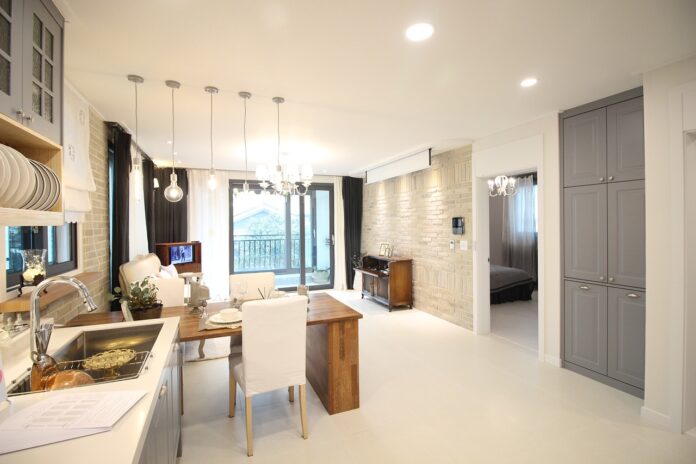Lighting is an essential element that can make or break any performance. Professional lighting design is more than just putting some lights on a stage. It involves designing the lighting scheme, selecting the proper fixtures, and creating the mood and atmosphere for the event.
A lighting designer must consider many factors when creating a design, including the size and shape of the venue, the type of performance or event, and the message the performance intends to convey. A good lighting designer will work with the director and production team to create a cohesive vision for the production.
In addition to design skills, a good lighting designer should have technical expertise in lighting equipment, including how to program and operate lighting consoles and troubleshoot technical issues. They must also stay up-to-date with the latest trends and innovations in lighting technology.
Communication is also essential. A good lighting designer should be able to articulate their ideas and work collaboratively with the team to execute the design. They must also have excellent interpersonal skills to manage working with different personalities and maintain a positive working environment.
Finally, a good lighting designer must have an eye for detail and be able to handle stressful situations. They need to work under tight deadlines and ensure the lighting design is flawless.
Professional lighting design requires a combination of technical expertise, communication skills, attention to detail, and artistic vision. A skilled lighting designer can transform a performance into a truly memorable experience.














